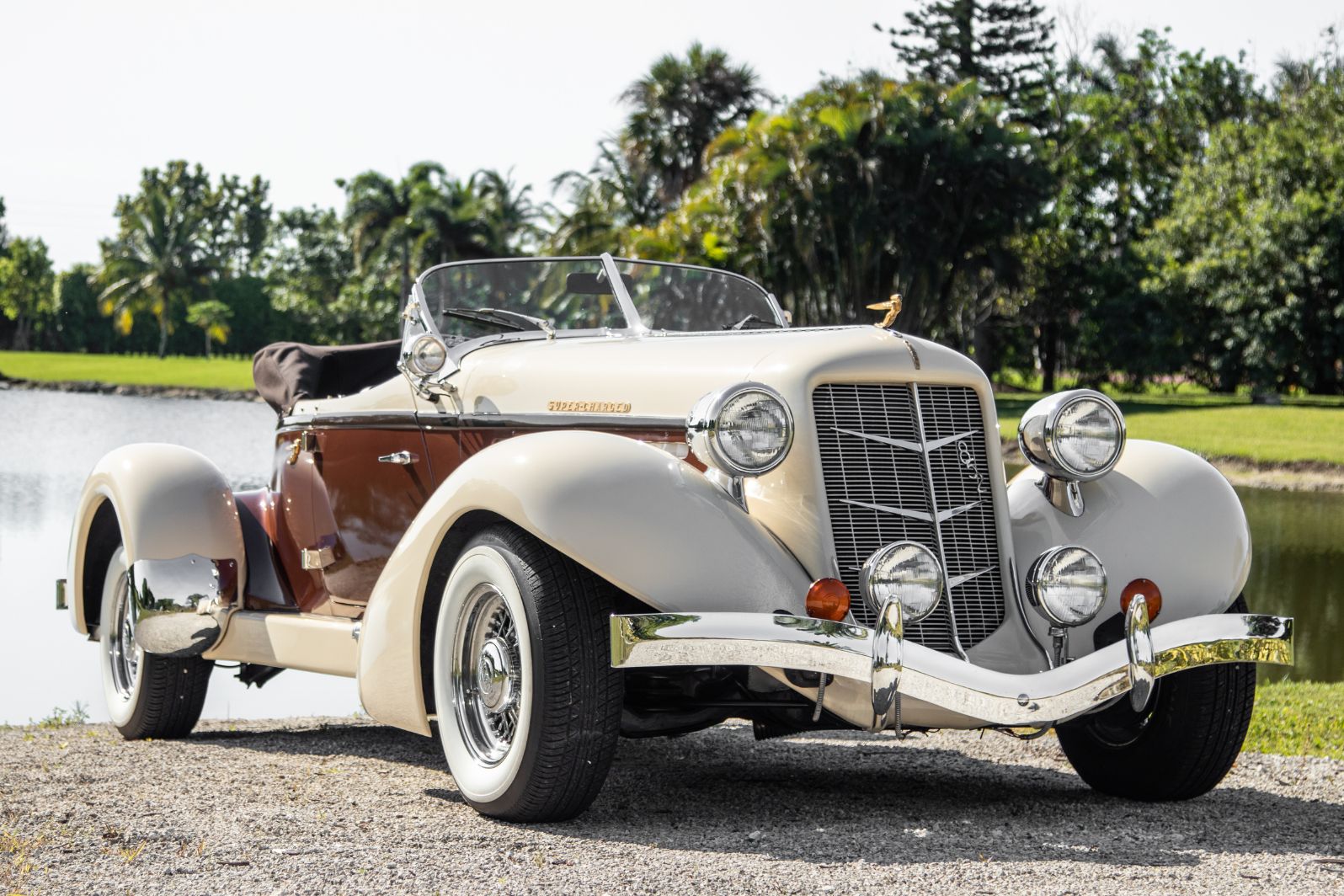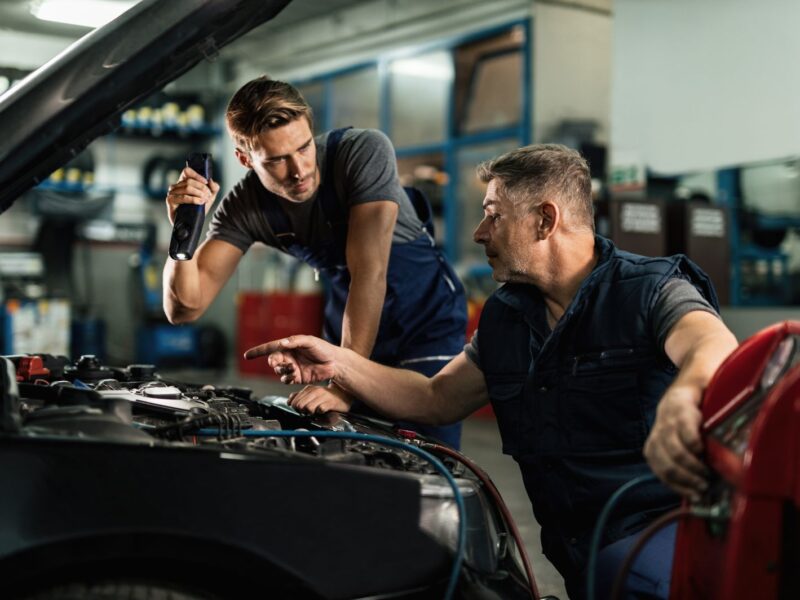Owning a vintage car can be a thrilling experience filled with nostalgia and a unique sense of pride. However, it’s not just about driving a piece of history; it requires dedication, knowledge, and a certain readiness to face challenges that are quite distinct from modern car ownership.
This article explores what it takes to be a vintage car owner in the UK.
Table of Contents
The Romance and Reality of Vintage Cars
The allure of vintage cars is undeniable. They represent a bygone era of craftsmanship and style, making them highly coveted. But it’s crucial to understand that owning such a vehicle isn’t merely a hobby; it’s a commitment. These cars demand constant care, attention, and, most importantly, a deep understanding of their unique mechanics and needs.
Financial Considerations
One of the first questions to ask yourself is whether you’re financially prepared for the investment. Vintage cars often require extensive and ongoing maintenance, and finding spare parts can be both challenging and expensive.
Insurance and storage costs also add to the financial burden. It’s not just about the initial purchase price; it’s about the long-term financial commitment.
Mechanical Knowledge and Skills
Do you have the mechanical know-how, or are you willing to learn? Vintage cars come with their quirks and peculiarities. Unlike modern vehicles, they might lack electronic diagnostics, meaning you’ll often rely on traditional mechanical knowledge to troubleshoot and repair.
Building a relationship with a specialist garage, like Autovault, can be invaluable in maintaining your classic car.
The Importance of Proper Storage
Proper storage is crucial for preserving the condition of a vintage car. It needs to be kept in a dry, temperature-controlled environment to prevent rust and deterioration. This might mean renting a storage space or modifying your garage to meet these requirements.
Additionally, regular driving is important to keep the vehicle in good working order, as prolonged inactivity can lead to various mechanical issues.
Joining a Community
Becoming part of a vintage car community can be incredibly rewarding. Clubs and online forums are great places to share knowledge and experiences and to find support.
Events and rallies also offer opportunities to showcase your vehicle and meet like-minded enthusiasts. The camaraderie found in these communities is often a significant part of the vintage car ownership experience.
Legal and Safety Aspects
Understanding the legal requirements for owning and driving a vintage car in the UK is essential. This includes MOT exemptions, tax implications, and insurance specifics. Moreover, safety is a vital consideration. Vintage cars may not have modern safety features, so it’s important to drive responsibly and be aware of the vehicle’s limitations.
Restoration and Preservation
Deciding whether to restore a vintage car to its original state or to preserve it as-is can be a complex decision.
Restoration can be costly and time-consuming, but it can also significantly increase the value and enjoyment of the car. Preservation, on the other hand, maintains the car’s history and patina, which some owners prefer.
Navigating the Market
When purchasing a vintage car, thorough research is key. Understanding the market value, rarity, and common issues of the model you’re interested in is important. Inspecting the vehicle thoroughly or having it checked by a professional before purchase can save you from costly surprises later on.
Final Thoughts: The Journey of a Lifetime
Owning a vintage car is more than just possessing a vehicle; it’s embarking on a unique journey. It requires passion, patience, and a willingness to learn and adapt.
If you’re prepared for the challenges and committed to the journey, the rewards can be immensely fulfilling, offering an unparalleled experience of motoring history and culture.
So, are you ready to turn the key and start this extraordinary adventure?


